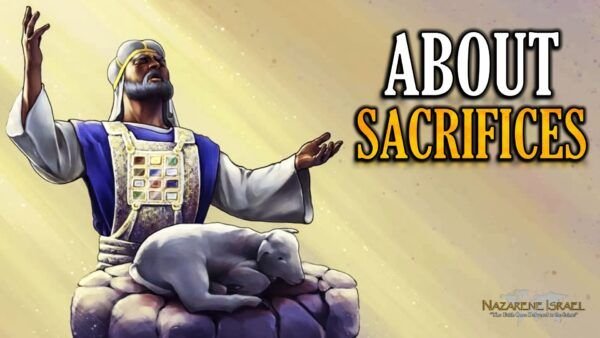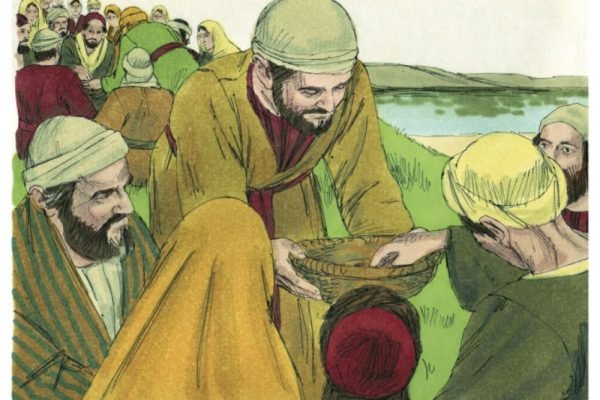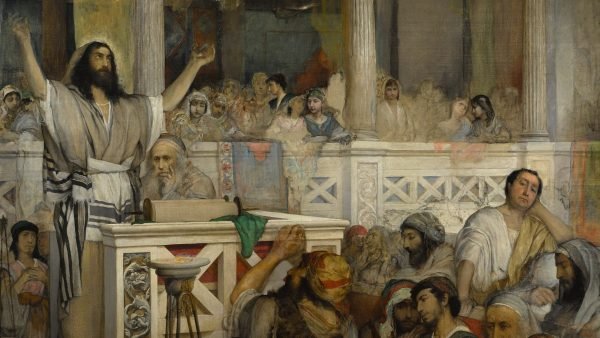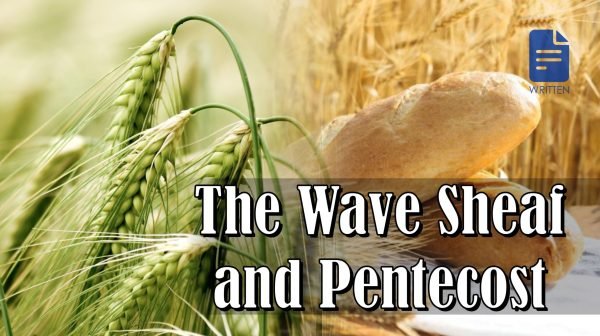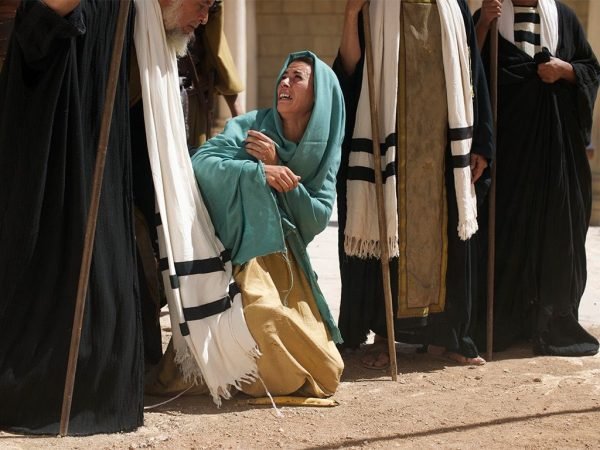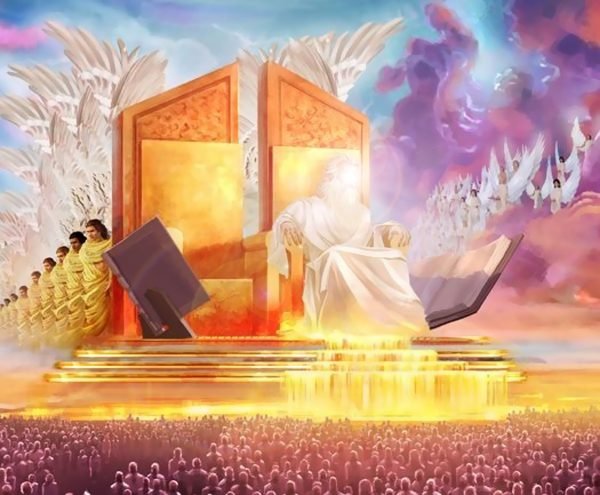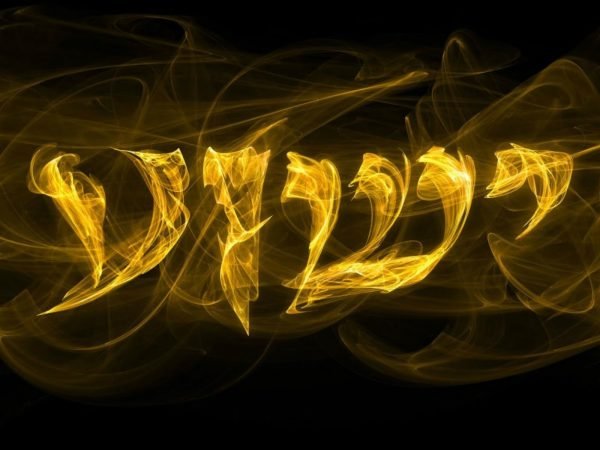passover - Page 1
About Sacrifices
“About Sacrifices”, explains the symbolic representation of the animal sacrificial system, and how it pertains to our walk of faith today, and how the future.
Case Study: Incest
This is a case study analysis of what happens in cases of incest in the dispersion, according to the Bible.
The Torah Diet
Explains from the Bible why it is important to eat healthy, the way our Creator intended.
Why We Do Not Bind Tefillin
This chapter shows why tefillin (phylacteries) are probably an adopted pagan Greek practice, and why Yeshua Messiah (Jesus Christ) probably did not wear them, and would not approve of them.
Why We Do Not Use the Mezuzah
This chapter explains why the rabbinic mezuzah is most likely an adaptation of the ancient house amulet, and why it is an incorrect application of the metaphorical command to write all of Yahweh’s words and commands…
Yeshua’s Definition of Belief
Imagine it is the first century, and that you are one of the twelve disciples. You have gladly laid down your life in exchange for the privilege of helping Yeshua further His kingdom in any way…
Yeshua’s Criteria for Priests
When Yahweh called me to the Two-House movement (or Hebraic Roots) in 1999, I was led to understand that the reason we did not have a separated priesthood or a clergy is that we are all…
Why the Same Days of Worship?
Scripture says that Yahweh will do nothing without telling His servants the prophets. Are you sure you are celebrating the days of worship that the Father left His people? For more information, read this study
Reclaiming Your Israelite Heritage
This is a basic study to discover your heritage in Israel and in the Elohim of Israel and His Son.
Passover in the Original Covenant
At the time of this writing, Nazarene Israel is in the dispersion. Since neither the Tanach (“Old” Covenant) nor the Brit Chadasha (Renewed Covenant) address what to do in the dispersion, it can be difficult to…
Listening Halt
This study talks about the vital importance of listening for Yahweh’s Still Small Voice, and not moving faster than we hear the Still Small Voice.
Abstinence, Celibacy, and Nazirites
Numbers 6 gives us the instructions (Torah) of the Nazirite—one who is separated from normal daily life to serve Yahweh and His people. In Hebrew the term Nazirite is Nazir (נְזִיר). The first use of the…
About Calendrical Drift
About Calendrical Drift gives evidence that Yeshua HaMashiach and His disciples all kept the written Torah in the first century, how calendrical drift occurred over time from the original Torah Calendar, and why it is necessary…
The Sabbath (Shabbat)
The Fourth Commandment is the command to keep the Sabbath. The Sabbath was one of the Ten Commands that Yahweh inscribed in stone.
The New Moon Days
While the Roman Gregorian calendar is based on the movements of the sun, the Torah calendar is based on the movements of the moon, and the agricultural cycles in the Land of Israel.
Aviv Barley and the Head of the Year
This chapter explains how Rosh HaShanah (the Head of the Year) is properly determined, according to Torah. It also explains why the Omer (Wave Sheaf) is symbolic of Yeshua.
The Passover and Unleavened Bread
The first of Israel’s seven annual feasts is a one-day feast, the Passover. It is followed immediately by the second of Israel’s feasts, the Feast of Unleavened Bread. Since the Feast of Unleavened Bread begins the…
The Wave Sheaf and the Pentecost
This chapter explains the importance of the Wave Sheaf (Omer) and the Pentecost (Shavuot), and how they are properly observed. It also explains the flaws in several other popular theories.
Adultery and Matthew 18
Yeshua tells us that He did not come to do away with even the least part of the Torah (the Laws of Moses). Rather, He says that whoever teaches against even the least of the commandments…
The Day of Trumpets (Yom Teruah)
We saw earlier how the Head of the Year should be declared when the first crescent sliver of the new moon is physically sighted from the Land of Israel, after the barley in the Land of…
The Eighth Day Assembly
Explains the 8th Day Assembly or Shemini Atzeret from the Bible.
Hanukkah Reconsidered
Explains from the Bible why we should not keep the man-made festival of Hanukkah.
The Calendar the Apostles Kept
The Roman Church uses the Roman calendar, in which the day begins at midnight. In contrast, the Hebrew day begins at evening. For example, Genesis 1:31 tells us: B’reisheet (Genesis) 1:31 31 And the evening and…
Purim Reconsidered
Explains from the Bible why we should not keep the man-made feast of Purim.
Nazarene Israel

